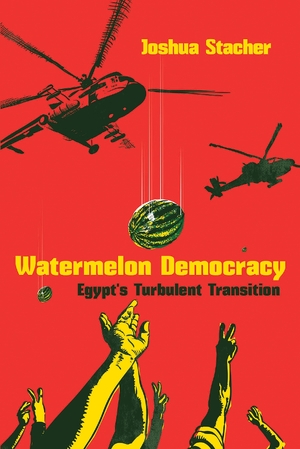"The book provides an accurate and in-depth look into the complex political and social change taking place in the region and the courageous struggle of people opposing authoritarian resilience."—Arab Studies Quarterly
"An important and relatively distinctive dimension of the overall argument in this volume is its inclusive nature, going beyond the usual approach of many recent publications on the contemporary Middle East, by its specific inclusion of analyses focused on human rights, on changing dynamics of gender relations, and on the new media culture."—John Voll, coauthor of Islam and Democracy after the Arab Spring
"These essays contribute substantively to our understanding of this fraught region and will encourage classroom discussion of complex human rights, cultural, and political concerns."—Ann Lesch, American University in Cairo
Description
Demands for freedom, justice, and dignity have animated protests and revolutions across the Middle East in recent years, from the Iranian Green Movement and the Arab Spring uprisings to Turkey’s March for Justice and the ongoing struggle in Palestine. Although expectations raised by the Arab Spring were largely disappointed and protests that toppled entrenched rulers unleashed vicious counterrevolutionary forces, there is no doubt that the landscape of the Middle East has changed. Drawing from diverse disciplines, this volume offers critical perspectives on these changes, covering politics, religion, gender dynamics, human rights, media, literature, and music. What ultimately has changed in “the new Middle East”? Who are the actors pushing the direction of change? How are aspirations for change being expressed through media and the arts? With extensive analysis and thoughtful reflection, this book gives readers an in-depth portrayal of a modernizing Middle East.
About the Author
Valerie J. Hoffman is professor and head of the Department of Religion at the University of Illinois at Urbana–Champaign. She is the author of The Essentials of Ibadi Islam.
February 2019



